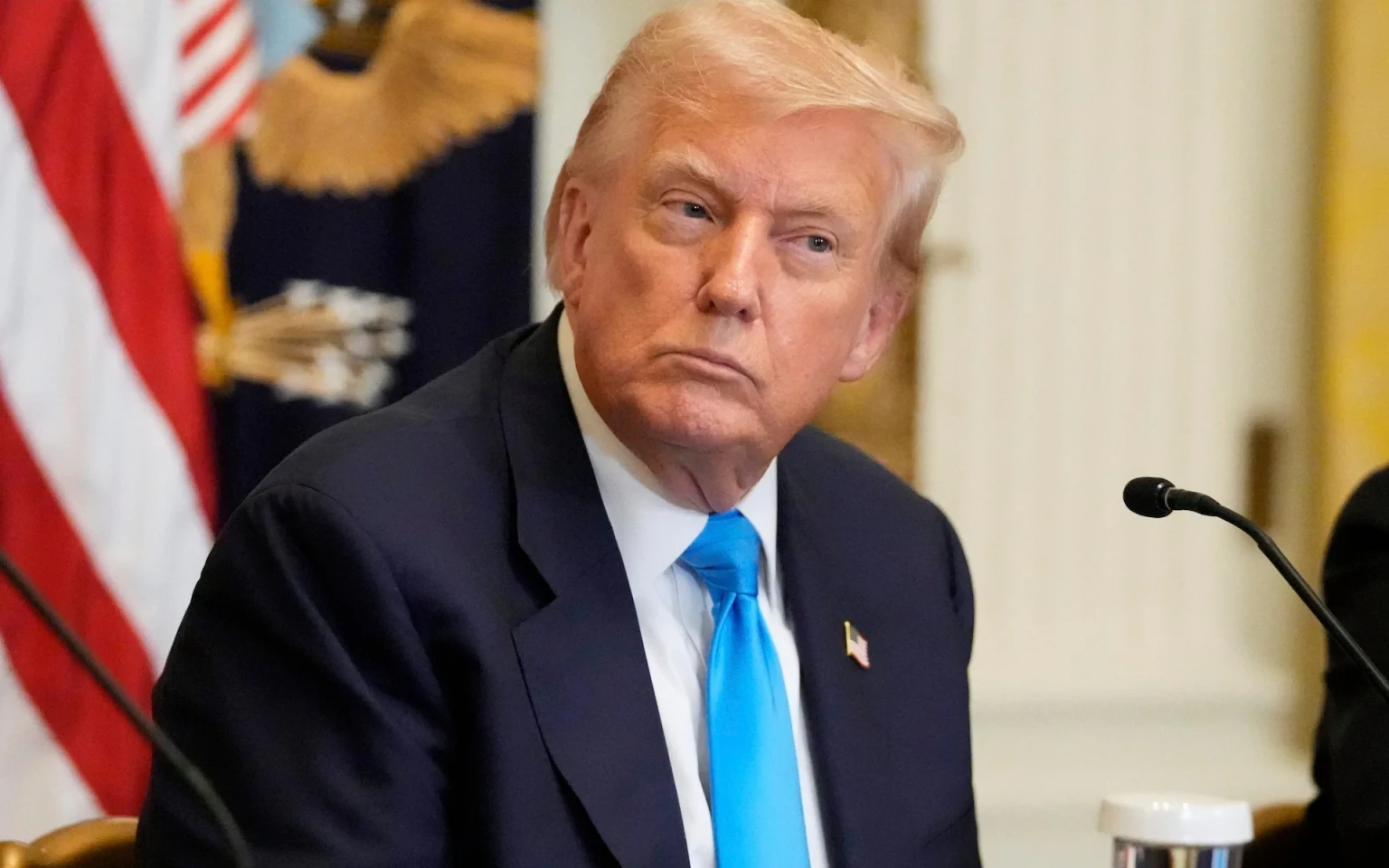U.S. President Donald Trump has announced he will dispatch his special envoy, Steve Witkoff, to Moscow this week ahead of a self-imposed Friday deadline for progress on ending the war in Ukraine.
Witkoff is expected to arrive in Moscow on Wednesday or Thursday, according to Trump, who has given Russia until 8 August to demonstrate commitment to peace or face further sanctions. When asked what message Witkoff would be taking to the Kremlin, Trump tersely replied: “Yeah, get a deal where people stop getting killed.”
In Kyiv, expectations are low for any major breakthrough. However, officials have expressed cautious optimism that Trump’s increasingly critical stance on Russia may signal a turning point in U.S. policy.
Since entering office, Trump has maintained he could broker peace with Vladimir Putin. But recent remarks have reflected a shift. Last Thursday, he condemned Russia’s ongoing attacks on civilian areas in Ukraine as “disgusting,” and on Sunday confirmed that two U.S. nuclear submarines he previously ordered in response to threats from former Russian President Dmitry Medvedev were now “in the region.”
Trump earlier gave 50-day deadline notice to end war
Initially, Trump had proposed a 50-day deadline to end the war, announced in July. However, last week, citing Moscow’s lack of seriousness, he shortened the timeline to “10 or 12” days—later clarified as this Friday.
If Russia fails to act, Trump has signalled his intent to impose secondary sanctions, targeting countries such as China and India that continue trading with Moscow.
Mykhailo Podolyak, a senior aide to Ukrainian President Volodymyr Zelenskyy, said that if Russia’s position remains unchanged by Friday, Kyiv expects the “irreversible logistics” of secondary sanctions, particularly against Russian oil exports,.to be set in motion.
“After that he’ll look whether this is helping to bring about the end of the war or not, and if not then he will move to the next step,” Podolyak told reporters in Kyiv.
He suggested that further sanctions or enhanced military aid to Ukraine could follow. “Trump has already said he’s ready to sell Europe as much weapons as they want [to pass to Ukraine]. Before he didn’t say that… This is already a different conception of the world,” he said.
Kremlin spokesman Dmitry Peskov told reporters on Monday that Russia is “always happy to see Mr Witkoff in Moscow,” and confirmed that a meeting with Putin was “possible.”
Putin himself said last Friday that he supported a “lasting and stable peace” that would ensure the security of both Russia and Ukraine. Yet despite such remarks, Russia’s demands remain largely unchanged, control over four Ukrainian regions and a guarantee that Ukraine will not join NATO.
While some rounds of direct talks have occurred, including three sessions in Turkey, they have yielded little beyond prisoner exchanges. The most recent round in Istanbul ended in under an hour. Still, Zelenskyy confirmed on Sunday that a new agreement from those talks would lead to the return of 1,200 Ukrainian troops.
The Ukrainian president has expressed willingness to meet directly with Putin, with Trump or Turkey’s President Recep Tayyip Erdoğan as mediator. However, Putin has insisted there is “no point” in meeting until a ceasefire outline has been agreed.
The presence of Russia’s delegation in Turkey, led by former culture minister and nationalist author Vladimir Medinsky, has only deepened doubts in Kyiv and among Western allies about Moscow’s seriousness.
“Those countries who thought Russia was ready for talks, and that the war could end at any moment if Ukraine would only agree to negotiations, they can now see that Russia is not ready for any real talks,” Podolyak said.
Meanwhile, the conflict rages on. Russia continues near-nightly drone and missile strikes across Ukraine. Last week saw some of the highest civilian casualties in recent months, with an attack on Kyiv killing 31 people, including five children.



